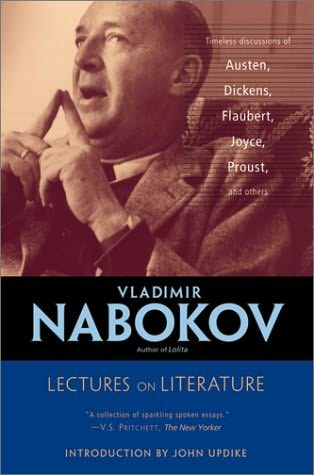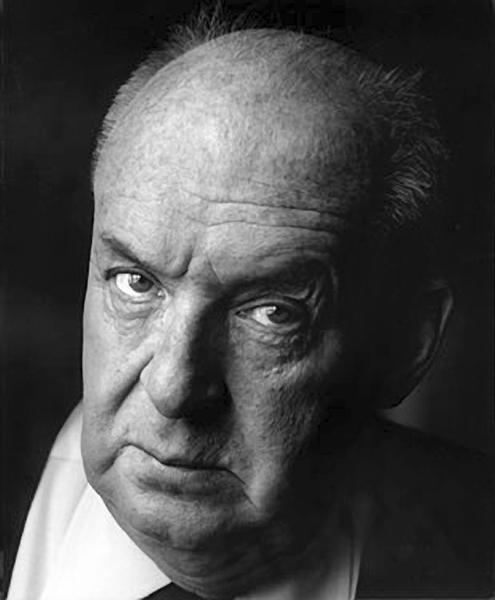“A good reader, a major reader, an active and creative reader is a rereader.”
 “All attempts at gaining literary polish must
begin with judicious reading,” H.
P. Lovecraft famously advised aspiring writers. We’ve already seen that reading
is a learned skill and an optimizable
technique, and that non-reading
is as important an intellectual choice as reading itself, so it follows that
reading, more than the mere monolithic act of ingesting text, comes with degrees
of mastery. But what, exactly, does it mean to be a good reader?
“All attempts at gaining literary polish must
begin with judicious reading,” H.
P. Lovecraft famously advised aspiring writers. We’ve already seen that reading
is a learned skill and an optimizable
technique, and that non-reading
is as important an intellectual choice as reading itself, so it follows that
reading, more than the mere monolithic act of ingesting text, comes with degrees
of mastery. But what, exactly, does it mean to be a good reader?
Last week brought us Vladimir Nabokov’s wonderfully opinionated insights on literature and life from a rare 1969 BBC interview. The beloved author, it turns out, was equally opinionated in his criteria for what constitutes a good reader. In his collected Lectures on Literature (UK; public library), Nabokov offers the following exercise, which he posed to students at a “remote provincial college” while on an extended lecture tour:
Select four answers to the question what should a reader be to be a good reader:
- The reader should belong to a book club.
- The reader should identify himself or herself with the hero or heroine.
- The reader should concentrate on the social-economic angle.
- The reader should prefer a story with action and dialogue to one with none.
- The reader should have seen the book in a movie.
- The reader should be a budding author.
- The reader should have imagination.
- The reader should have memory.
- The reader should have a dictionary.
- The reader should have some artistic sense.
The students leaned heavily on emotional identification, action, and the social-economic or historical angle. Of course, as you have guessed, the good reader is one who has imagination, memory, a dictionary, and some artistic sense–which sense I propose to develop in myself and in others whenever I have the chance.

He goes on to consider the element of time in reading, making a case for the value of rereading:
Incidentally, I use the word reader very loosely. Curiously enough, one cannot read a book: one can only reread it. A good reader, a major reader, an active and creative reader is a rereader. And I shall tell you why. When we read a book for the first time the very process of laboriously moving our eyes from left to right, line after line, page after page, this complicated physical work upon the book, the very process of learning in terms of space and time what the book is about, this stands between us and artistic appreciation. When we look at a painting we do not have to move our eyes in a special way even if, as in a book, the picture contains elements of depth and development. The element of time does not really enter in a first contact with a painting. In reading a book, we must have time to acquaint ourselves with it. We have no physical organ (as we have the eye in regard to a painting) that takes in the whole picture and then can enjoy its details. But at a second, or third, or fourth reading we do, in a sense, behave towards a book as we do towards a painting. However, let us not confuse the physical eye, that monstrous masterpiece of evolution, with the mind, an even more monstrous achievement. A book, no matter what it is—a work of fiction or a work of science (the boundary line between the two is not as clear as is generally believed)—a book of fiction appeals first of all to the mind. The mind, the brain, the top of the tingling spine, is, or should be, the only instrument used upon a book.
Interesting. I have reread some books the same as watching a movie a second or third time you get something different out of it. I knew that I would have to reread the last book I read "Myths and Ledgends of China" (an English translation) as it was packed full of information that would be hard to absorb with only one read. I recommend it to anyone either learning English or on an extended stay in China. I downloaded it from the internet to my ereader.







Comment